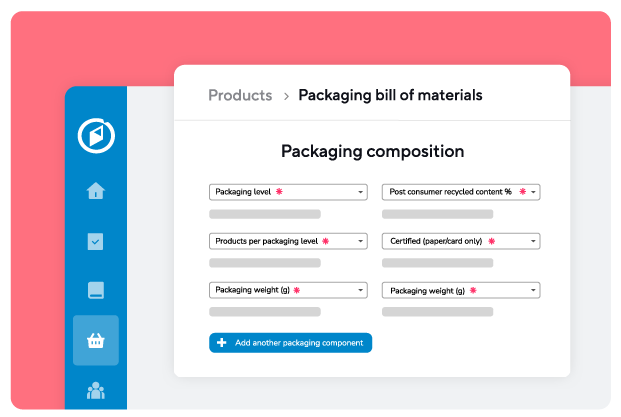Why the need for accurate supplier data is increasing
Accurate supplier data reporting is becoming increasingly critical for businesses to meet their sustainability and transparency goals. Yet, a 2020 supplier information survey with procurement and supply chain executives found that:
- 81% are not completely confident in their supplier data.
- Nearly half (47%) experience such negative effects on a regular basis.
- 93% experienced adverse effects of misinformation about their suppliers.
- 67% of executives have cited financial losses from poor supplier data.
From the supplier’s point-of-view, they are having to coordinate numerous data requests from many of their customers, all with multiple tools and surveys, and often without the convenience of logging into a standard customer data platform.
However, opportunities are emerging for businesses to better collaborate with their suppliers. Businesses that are strengthening supplier relationships, such as the grocers Woolworths, Sobeys, and Walmart, have accelerated growth through the pandemic. In a post-pandemic world, businesses that are proactive in building supply chain efficiencies and stronger relationships with their suppliers are poised to secure their brand impact, growth, and loyalty.
Reach sustainability and social responsibility goals through supplier collaboration
As sustainability becomes an increasingly powerful market force, business leaders are incorporating suppliers into their own efforts to embrace change and integrate sustainable principles throughout their culture. Suppliers are key to social responsibility initiatives because they have the sourcing, materials, and emissions data that businesses must incorporate into their own reporting. As a result, business leaders are increasingly understanding how supplier collaboration is key to reaching their goals.
- CEOs are recognizing greater accountability to not only shareholders, but stakeholders like suppliers.
- The VP of Sustainability is galvanized by how corporate boards are recognizing Corporate Social Responsibility (CSR) and Environmental, Social, and Governance (ESG) as the way to do business.
- The VP of Procurement is not seeing sustainability as secondary to cost, but that sustainability data is commercial data.
- The VP of Own Brands is not seeing suppliers as external parties to be negotiated with, but suppliers as a critical part of their team.
